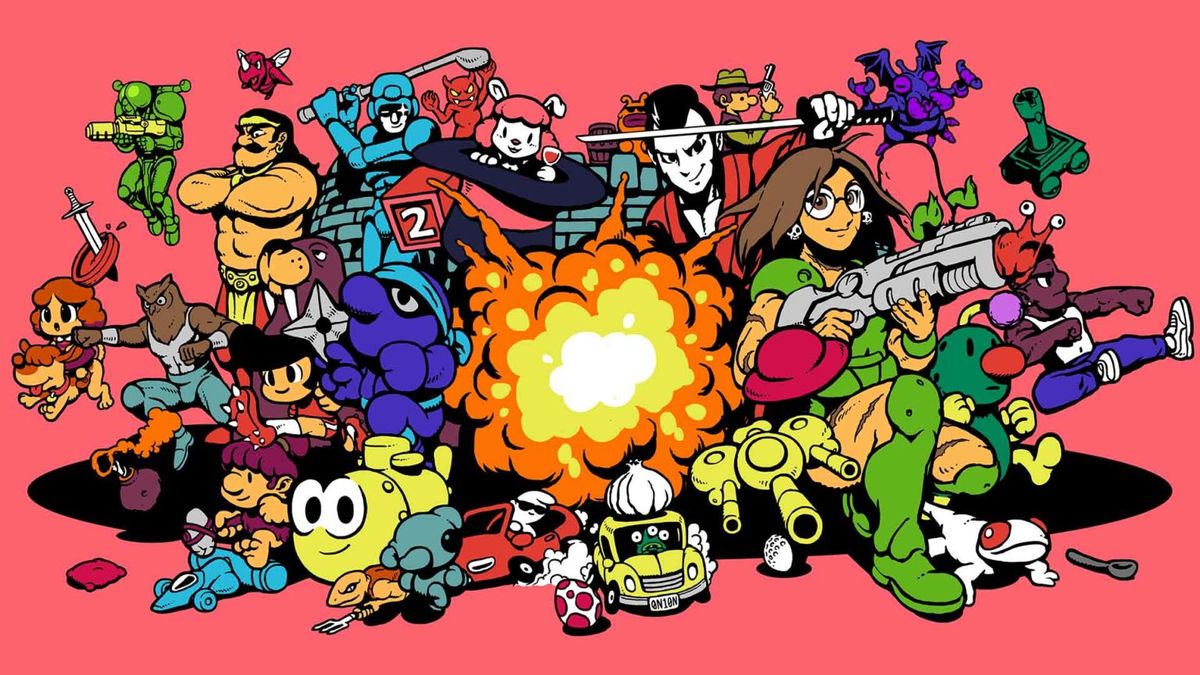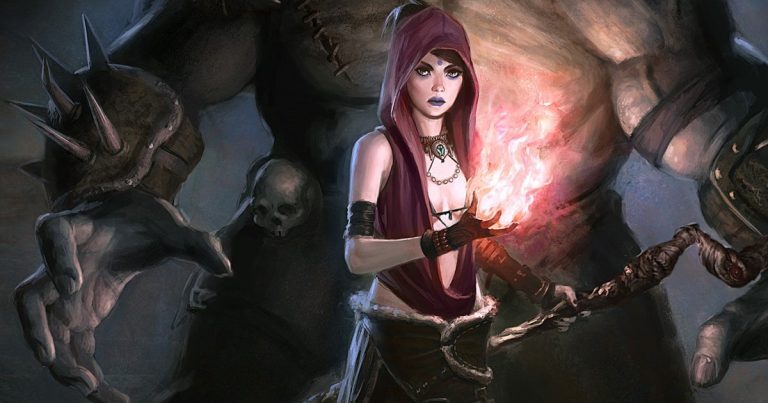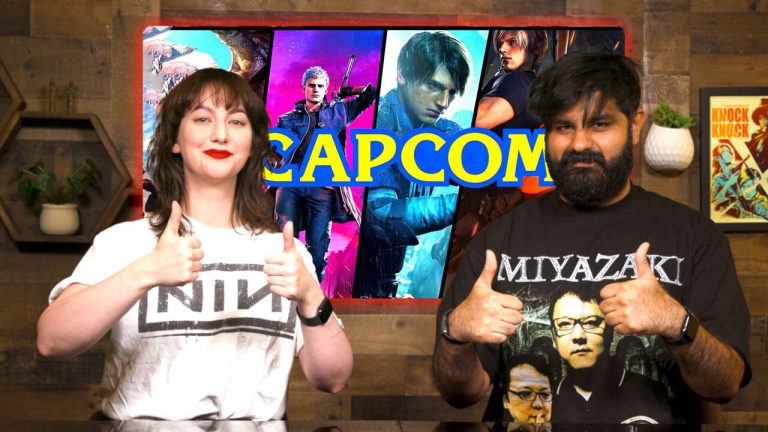Unleashing the Bonkers: The UFO 50 Team’s Journey to Create Gaming’s Most Iconic Achievement

The Weird and Wonderful World of UFO 50
Deep within the nostalgia-tinged realm of retro gaming, there’s something peculiar about UFO 50. This 50-game collection is a love letter to the 8-bit era, with a unique twist. The fictional hardware at its core, the LX, is an 8-bit system with a 32-color limit. The resulting aesthetic is instantly recognizable – a nostalgic nod to the classic consoles of yesteryear.
The Unseen Systems
But what about the systems you never got to play? The ZX Spectrum, Amstrad CPC 464, and Commodore 64 are all distant memories for many gamers. Can you name five games from these systems? The games you didn’t play are often the ones that live larger in your brain, with more potential for creative influence.
A Mysterious Game Development Studio
UFO 50 channels this uncanny atmosphere by telling the story of a mysterious 1980s game development studio. Rather than telling the story, the team brings it to life through a whole game catalogue. UFOSoft now exists, and the sensibilities of its four central fictional developers don’t fit neatly with the canon.
The Team’s Inspiration
I spoke to the UFO 50 team, and their inspiration was varied and highly personal. Derek Yu, founder of Mossmouth and creator of Spelunky, was influenced by the aesthetics of computers and consoles he never owned. Eirik Suhrke, who worked on music for all the UFO 50 games, was inspired by the games he didn’t get to play as a kid. Tyriq Plummer, who has worked with WayForward and on Cadence of Hyrule, likes the idea of being influenced by things you don’t experience, as they live larger in your brain.
Barbuta and Mooncat: Unconventional Games
Take Barbuta, for instance, which was inspired by La-Mulana and Montezuma’s Revenge. It’s the first game in the collection if you’re following the default chronological order, and it’s also one of the hardest and most opaque. Developed by Thorston Petter, that game was actually tweaked to be more primitive and less approachable than its original design when the team decided it should be UFOSoft’s "first". Mooncat, another Petter joint, is a platformer with a bizarre two-button approach to movement, recalling when games didn’t have tried-and-true rules about mechanics as fundamental as movement.
A Rarity in the Industry
At a time when the industry seems thoroughly down at heel, UFO 50 feels like a rarity: something a handful of people made because they wanted it to exist. Chatting to the team feels like talking to a close-knit group of friends, and none waste an opportunity to mention how much fun it has been to work on the project.
The Future of UFOSoft
The team politely declined to discuss the 51st game, which appears to be a meta-narrative about the meta-narrative. Nor would they confirm that a 16-bit UFO collection could emerge. I get the sense that they’ll definitely be working together in the future, though. "This has been bootcamp for me," Suhrke said. "I think I’ve become very good at making UFOSoft games. Give me a tube for nutrition and I can keep cranking these out."
The DNA of UFOSoft
It’s clear that the team has a deep affection for the retro gaming scene, and their passion shines through in every aspect of UFO 50. As Suhrke put it, "It’s sort of like a chicken and egg." Assuming they continue to make games, you’ll see stuff that feels like it has the DNA of UFOSoft in it.






